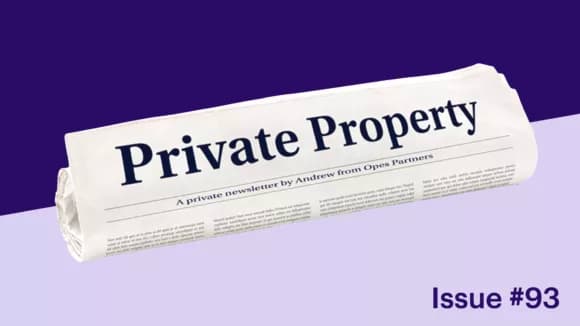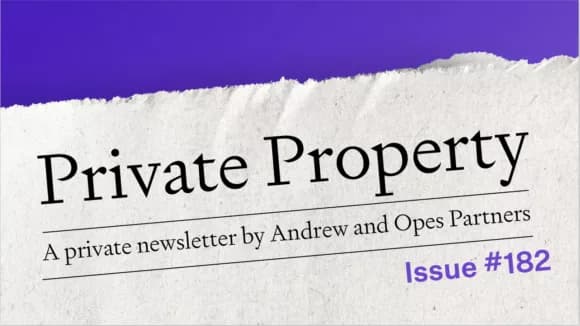The Reserve Bank just announced big changes for property investors.
So let's go through:
- The new Debt-to-Income mortgage rules (DTIs).
- The new deposit rules (must-read)
- What will happen to the property market?
What are the new DTI rules?
Debt-to-income ratios (DTIs) tie the amount you can borrow to your income.
Here are the rules the Reserve Bank plans to bring in:
- 6x your income – for an owner-occupier
- 7x your income – for a property investor
If you and your partner earn $100k a year combined, the maximum you can borrow is:
- $600k if you are an owner-occupier.
- $700k as an investor
The new rules only count if you are buying an existing property.
If you buy a New Build, forget the new rules. They don’t impact your mortgage application.
What counts as debt and income?
All your rent counts in the calculation. So, if you’re an investor earning $100k in salary and $30k in rent, your income is $130k in the calculation. That’s what you multiply by 7.
Your debt includes everything. That means mortgages, credit cards, personal loans, and student loans.
Case Study: Can this couple buy an investment property?
Here’s a case study. Let’s see if this couple can afford to invest.
Jen earns $100k. Her partner, Tim, earns $50k. So, their household income is $150k.
They own their own home and have a small $350k mortgage.
How much can they borrow for an investment property?
Their income is $150k, but they don’t multiply that by 7.
Because if they buy an investment property, it might rent for $600 a week ($30k-ish a year). This counts, too.
Add the rent in, and their annual earnings are $180k. Multiply that by 7, and they can borrow up to $1.26 million.
But they already have a $350k mortgage and a $10k credit card.
Take that off, and they can borrow (up to) $900k under these new rules.








